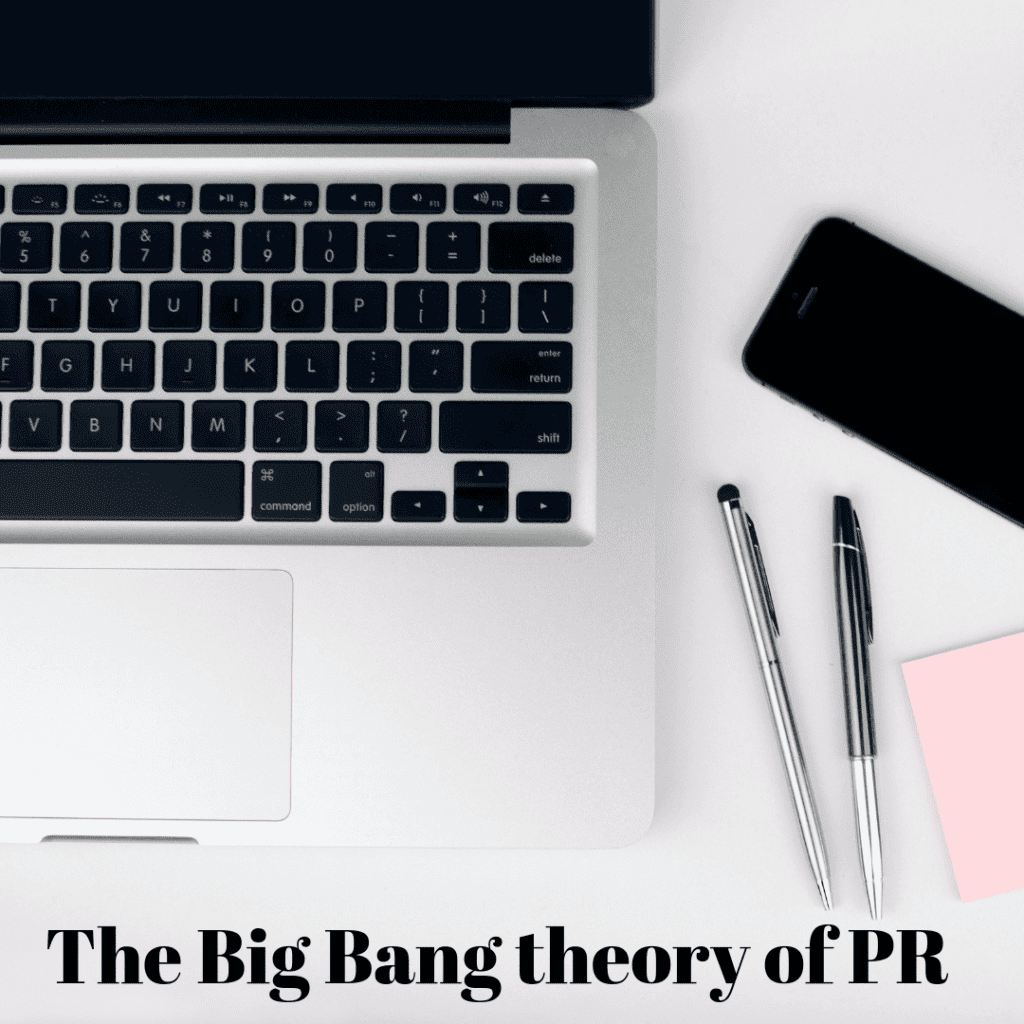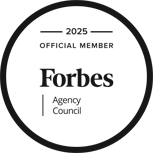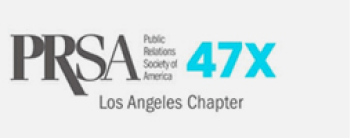
The Big Bang theory of PR
This relatively scary scenario is very likely to become reality. Should we have regrets that certain tasks – essential but time-consuming – such as monitoring content, identifying likes, shares and comments spreading on social media would be “uberized” by AI tools? Actually, we should praise automation for unleashing human talent that will fully benefit the core and true value of PR: relationship management..
Since earned media has become the Holy Grail, the reputation of PR has improved dramatically. This is justice, as PR is the historic champion of the game. Nonetheless, this consecration should not be a sham: reducing PR to a way of gaining free advertising, even renamed with a buzzword, would be a disservice. More than in the management of the flow of information, the added value of PR resides in its ability to set up complex relationship systems, based on trust and commitment.
The burst of the social web, presented as a big bang years ago, is nothing compared to the emergence of AI in PR, communications and marketing. Thanks to exponential computing power, PR professionals are given access to more and more accurate insights. Popularity of ideas, society’s resounding of concepts, AI algorithms provide brand-new ways to an even more sophisticated management of opinion that philosopher Pascal once described as “the Queen of the World” for its emotional, reactive and eruptive nature.
On the other hand, this increased power of influence also carries the opportunity for “targets” to anticipate and outweigh invasive marketing strategies. Unsurprisingly, a too strong or insidious pressure will produce dodging reactions, made even easier thanks to existing tools that are using artificial intelligence, as well. Thus, hopes put into AI by marketers could be failing because of the inability of their messages to overcome the personal digital assistant barriers, which will vigorously protect their owners against assaults from brands and organizations.
AI will never the core of successsful PR and communications….the relationships that are devekoped by practicioners. Yes, AI is a social technology, and an important one at that, but it alone cannot get companies the kind of sophisticated earned media they desire.
It is time for PR professionals to recognize that this technological Big Bang is happening now, and to embrace its role in our industry’s future.
Written by: Stéphane Billiet, CEO of We agency and Board member of the French PR Association Syndicat du Conseil en Relations Publics. You can read more on the work and expertise of We agency here: https://www.we-agency.fr/?lang=en
The original article can be found on the PRGN website, here.









